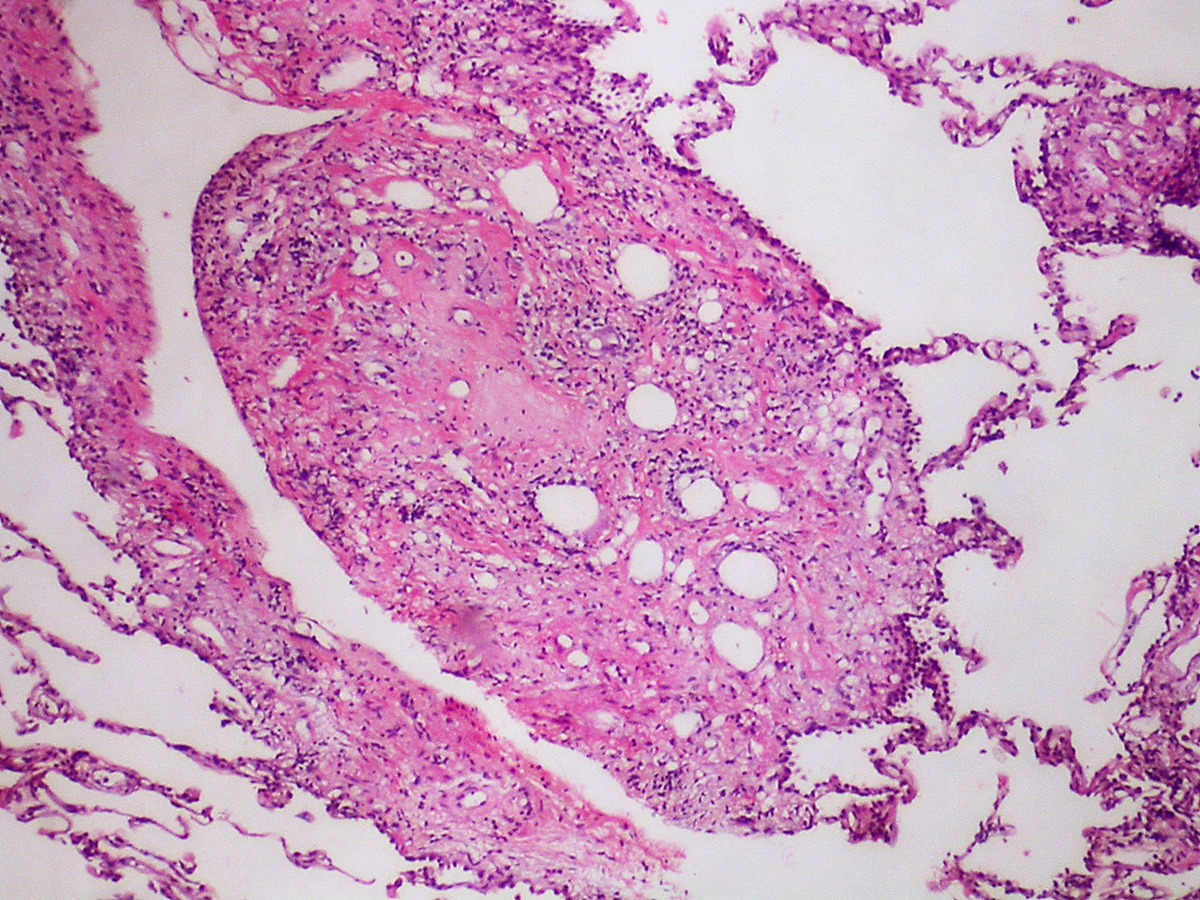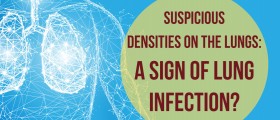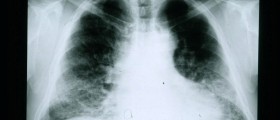
One of the most common lung infections is pneumonia and it develops due to bacteria, viruses, and fungi that affect our lungs. If you are dealing with acute pneumonia, a period of three weeks is required so that pneumonia is treated with success. If not treated on time, pneumonia can become very dangerous to our health and cause even death.
Chronic pneumonia
It is very difficult to diagnose chronic pneumonia at its early stage. First symptoms can be so mild and go unnoticed, that they can make you believe that you have an ordinary cold. Some common pneumonia signs and symptoms are coughing, difficulty in breathing, high temperature, sweating during night and pain in the chest area. Chronic pneumonia can appear regardless of medical history, age or previous experience with chest colds, and it can happen to anyone. The signs of chronic infection can be detected with blood tests that reveal high level of white blood cells and other signs that are usual for chronic pneumonia. It can also be seen after x-ray or endoscopy procedure is done.
There are a few approaches in pneumonia treatment. Some doctors prefer to start the treatment immediately with antibiotics, while others first try to find the cause of pneumonia occurrence by a sample that is taken from the lungs. This method provides doctor with useful information and makes the treatment more effective by targeting the true cause of the infection. These cultures are very important because they can help the doctor to see if any of the cultures are resistant to some medications and therefore introduce the right drugs in the treatment process. In the cases of patients who have difficulty while breathing, ventilation is necessary. The damages that can be created due to chronic pneumonia can be severe and life-threatening. The lung capacity won't be the same as it was prior to pneumonia, and other issues regarding impaired breathing and lung function in general may appear.
The most usual symptoms that appear in chronic pneumonia include high temperature, pain in the chest area, shallow and fast breathing, cough, phlegm in blood, feeling as something heavy is on your chest, night sweats, and many other that can be confused with a cold. So, be careful if you experience these symptoms, visit a doctor so that he can do the necessary tests and exclude pneumonia from the diagnosis.
Treatments and drugs
Each type of pneumonia requires a different treatment. Bacterial pneumonia is treated with antibiotics, whereas viral pneumonia is treated with plenty of rest and fluids. Mycoplasma pneumonia is treated with antibiotics. Some period of time is needed so that you can feel well again. Antifungal medications are required in the cases of fungal pneumonia. Doctors can also recommend some over-the-counter medicines that prevent the following pneumonia symptoms such as fever and cough, thus cough doesn’t have to stop completely since it enables your lungs to clear.

















Your thoughts on this
Loading...